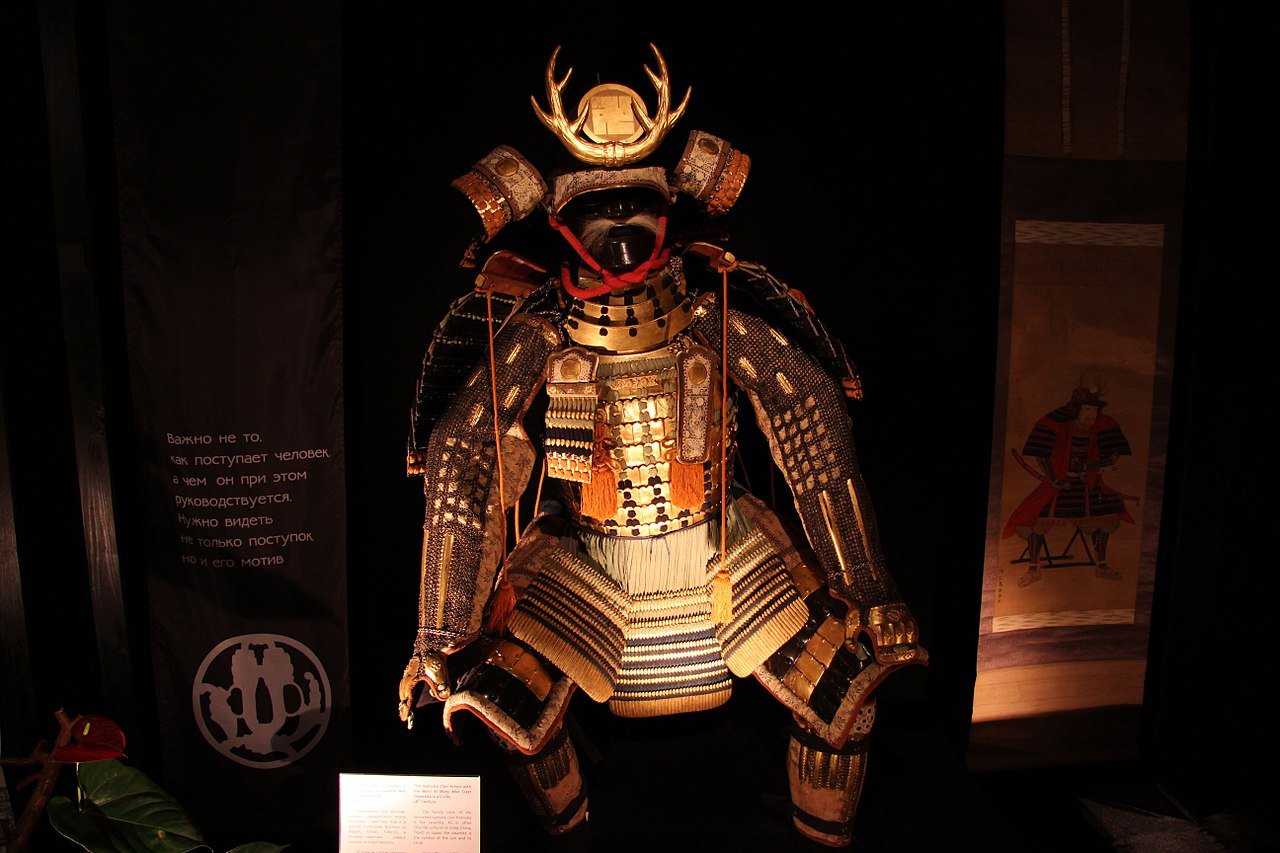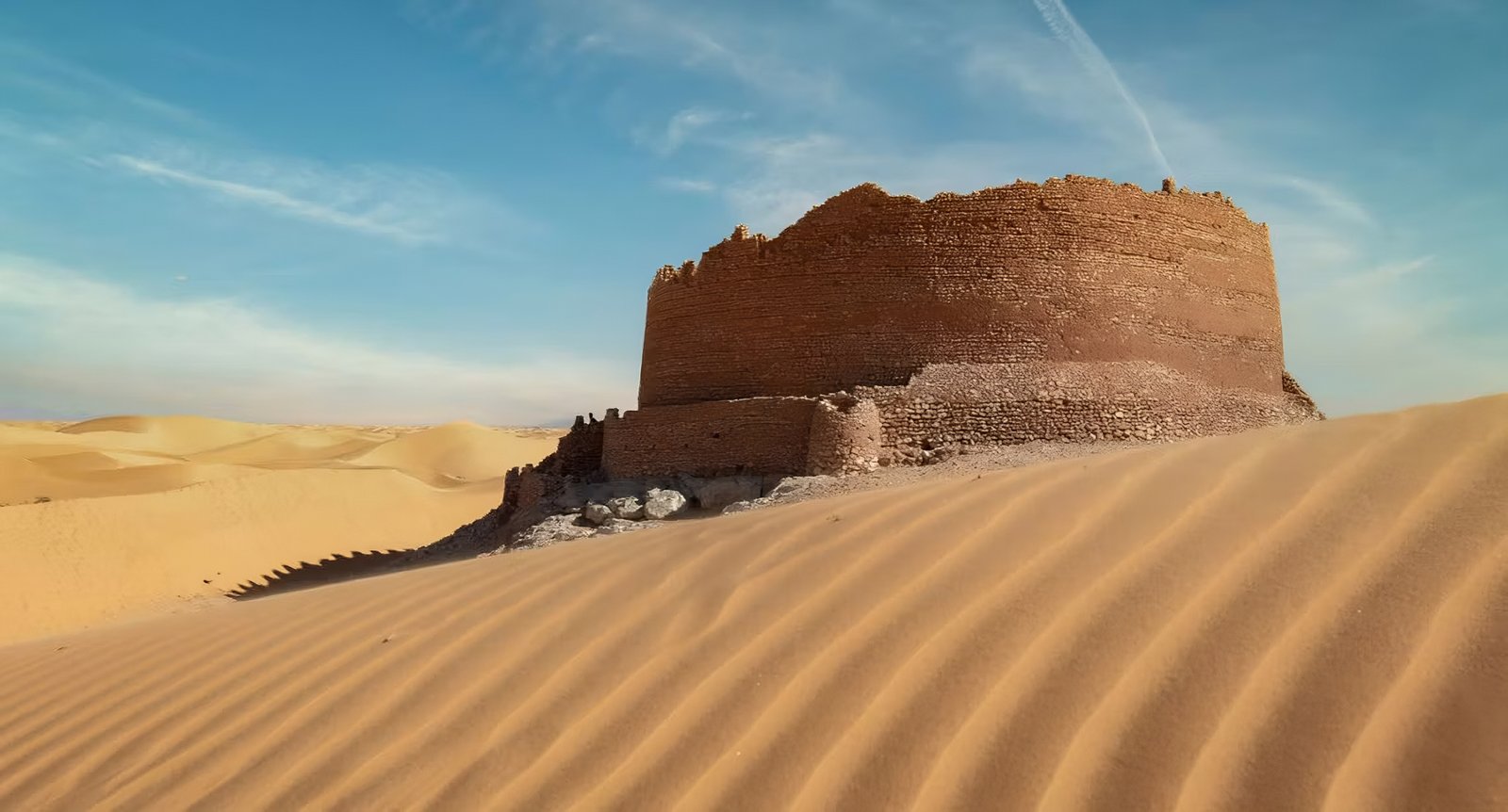This guide will analyze and let you know why was Nelson Mandela a good leader. Making social engagements and rehearsing speeches will not help you become a good leader. It is all about positively impacting society by demonstrating strong values and guiding individuals along a more significant route in existence.
Nelson Mandela, is undoubtedly Africa’s most renowned figure. However, his sharpest opponents admit that he was an outstanding guy who contributed so much to his compatriots. However, what distinguished him from the many other world leaders? Why is he remembered when many of his compatriots, including some who accomplished more, have faded into obscurity? Read more facts and theories behind Mandela’s reputation.
Mandela and many other transformative figures and their managerial approaches encourage others to take action. Mandela’s traits and life accomplishments have touched the hearts of many people, not just in his homeland but all across the world. A new and improved society became a truth because of his participation. Mandela displayed exceptional leadership skills as a figurehead, notably advocating for reconciliation, a strong personality that intimidated opponents with his grin, and an optimistic attitude.
Mandela’s concentration on ambitions and cause was more extensive than himself; his extraordinary persistence, tenacity and drive, modesty, optimism, and tolerance. These and many other aspects, such as governance, religion, community, morality, and principles, all have an essential part in developing ideas and beliefs needed to be a remarkable leader capable of changing and leading people to a prosperous civilization. Let’s look at why was Nelson Mandela a good leader
Why was Nelson Mandela a Good Leader – All you Need to Know
There are several abilities, and personality attributes why was nelson Mandela a good leader? the following are some of them.
Self-sacrifice
Nelson Mandela sacrificed three decades of his valuable lifetime in jail on Robben Island, pounding on boulders in the sweltering sun during daytime, only to retreat to a small cramped room with nothing but a straw matting to lay on at night. While he got the liberty in 1985, he rejected it, stating. “I would not accept any commitment at a moment when my compatriots don’t get liberated; their liberty and mine couldn’t get parted.”
Compassion
It is simple to pardon a stranger and even simpler to pardon a colleague; however, it is exceedingly challenging to forgive a foe. Nelson Mandela pardoned his most prominent opponent, the Apartheid regime, which cost him and his relatives and his compatriots enormous misery. He could’ve sought the skulls of those responsible for the deaths of countless wrongly convicted indigenous South Africans. Yet, he took the more incredible path alternatively. He created a legacy of compassion and healing not only for his compatriots yet especially for the rest of the globe by establishing the Truth and Compassion Council.
Learner
He didn’t only push himself into the regimen of regular workouts while being in imprisonment. He also studied as much contraband literature as possible. Mandela purchased planting and horticulture literature despite not having the participation in political publications he wanted. He finally planted foodstuff that served his companion detainees and jail authorities. While in jail, he maintained his law study, frequently offering legal assistance to convicts and jail employees.
More On MethicalRose.com: We Discussed Egyptian Cats and their Inhabitants In This Blog Post.
Ethical
People worry little regarding how you earn money, status, and riches in today’s more competing society, as far as you accomplish. Mandela, on the contrary, prioritized humanity and respect before material wealth. When other African rulers were acquiring riches through corruption, Mandela’s wealth was around the US $2.9 million. And he didn’t leave assets for his household and his employees.
Unifier
When Mandela came to authority, he attempted to unite ethnicities. Many anticipated him to favor blacks, notably those from his community. However, because of his ambition for a multicolored society, South Africa is now prospering financially, cognitively, and socially from its wide variety. South Africa’s previous president praised Mandela as a tremendous unifying force who showed a surprising absence of resentment.
Servant
He centered his attention on the interests of others rather than his personal. Mandela attended to those the institution had overlooked and sought out those the community had rejected. He helped the poor and the wealthy, the learned and the uneducated. Nelson Mandela cared about everyone. He was engaged in strengthening his compatriots, whereas tyrants across the globe get involved in maintaining themselves and their pals.
Human
The media elevated him to the status of an invincible angel. He was a mythological figure to several people in Africa and across the continent. The truth was beyond that; Mandela never repudiated his humanism, admitting to similar flaws as everybody else. His first wedding ended in divorce, and even though he did his next, he failed to manage to be a leader in the family and the country.
He also struggled to nurture offspring worthy of a gentleman of his status. In a statement, he stated, “My initial goal, once I stepped out, was to dispel the illusion that I was anything more than an average human creature.” Ultimately, despite his shortcomings, folks got pulled to him. In essence, his compassion enhanced his attraction.
Inspirational
When leading the Congress, Nelson motivated his compatriots by teaching them to comprehend the principles and significance of his goals. He urged students to form their own opinions on what is vital for society, such as the battle for equity and the abolition of ethnic prejudice. This inspired guidance has aided the nation in eliminating oppression and maturing into a peaceful functioning democracy.
Bottom line
Nelson Mandela is a firm believer in democracy, impartiality, and education. Although getting confronted on several occasions, he never responded to discrimination with hatred. He stresses that leaders have a wide range of characteristics and that leader effectiveness is more complicated than selecting a few attributes or preferred actions. Consensus is a better decision-making technique for instilling desire and dedication in organization individuals toward their goals. Consensus assists in determining the optimal judgment and optimizing asset use.







